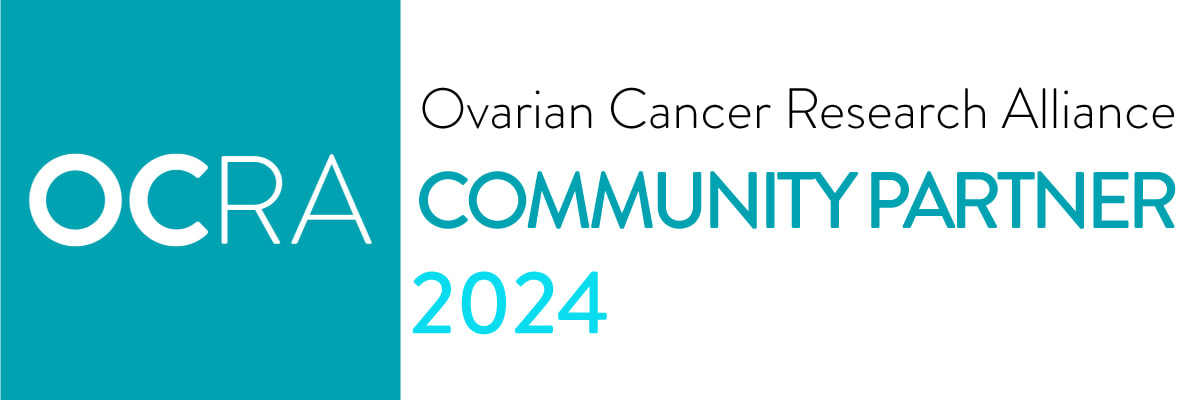|
Project title: Estrogen Signaling in Low-Grade Serous Carcinoma (LGSOC)
Research Institute: MD Anderson Cancer Center Lead Researcher: Dr. KK Wong PhD, Professor Start date: June 2021 Project cost: $70,000 Funded by: STAAR Ovarian Cancer Foundation and Cure Our Ovarian Cancer STAAR Ovarian Cancer and international partner Cure Our Ovarian Cancer are proud to announce the funding of their first US based research grant at MD Anderson Cancer Center. STAAR Ovarian Cancer and Cure Our Ovarian Cancer have jointly contributed $70,000 to the project entitled: Estrogen Signaling in Low-Grade Serous Carcinoma (LGSC). The project seeks to better understand how LGSC can use estrogen to grow and spread – and identify potential targets to improve treatment options. “This is a unique opportunity to study the complex and elusive estrogen receptor signaling pathway in low-grade serous ovarian cancer, which would hopefully result in a successful and improved anti-hormone therapy,” said Dr. KK Wong of MD Anderson Cancer Center. Estrogens are major regulators of growth and differentiation in normal ovaries and potentially play a role in the development and progression of ovarian cancer, but the mechanisms of action remain unclear. The actions of estrogens on ovarian tissue are mediated by estrogen receptors. There are two major types of estrogen receptors – ERα and ERβ. Furthermore, multiple variants of the ERα have been identified in LGSC. The types of estrogen receptors found in LGSC are different from those in normal ovary. Hormonal maintenance therapies (HMT) have improved the progression-free survival of patients with recurrent low-grade ovarian cancer, but unfortunately, these treatments have not achieved comparable results as in breast cancer. Preliminary data suggests that estrogen signaling is unique in low-grade serous cancer, and there is a need to further explore and understand the mechanisms underpinning it, which could provide new and clinically relevant insights regarding the role of estrogen in low-grade serous ovarian cancer. Researchers will use advanced genetic sequencing and laboratory techniques to identify the specific type of estrogen receptors involved in LGSC (which they think will differ from breast cancer) and investigate the molecular and genetic characteristics involved in its expression. The study has the potential to find biomarkers to predict response to HMT, in addition to insights which researchers hope will guide future research to help HMT work better. Funds from the 2020 September Step Up event along with and hundreds of generous members of the public, helped make this grant possible. Nicole Andrews, who hosted a Step Up Challenge in her hometown prior to joining STAAR's Board of Directors shared her experience: "Being diagnosed with Low Grade Serous Cancer (LGSC), a rare form of ovarian cancer, was shocking. I felt scared, shut down, and out of control. The Step-Up Campaign gave me the opportunity to transform my thoughts and fears into constructive energy and focus on creating a positive future. I’m honored that my friends and family “stepped up” alongside me and helped me exceed my fundraising goal. While it’s unusual to know how funds you raise are used, I was thrilled to learn our donations are already working to help researchers understand why and how LGSC uses estrogen so that enhanced treatment options can be developed. My deepest thanks to all working tirelessly to improve outcomes for LGSC survivors, bringing invaluable hope and healing to me and my fellow LGSC sisters." MD Anderson Cancer Center are world leaders in low-grade serous carcinoma (LGSC) research. They were instrumental in helping identify LGSC as a unique cancer in 2004. In addition, their research has formed the basis for many of the current LGSC treatment recommendations. In 2018, they added LGSC to their Cancer Moon Shots Program. Cure Our Ovarian Cancer (COOC) is a global charity dedicated to improving the survival of people with LGSC through research. It was founded in 2018 by New Zealand woman Jane Ludemann following her diagnosis. Today COOC supports researchers in five countries, including the United States of America.
0 Comments
|
Archives
April 2024
Categories |

 RSS Feed
RSS Feed 
